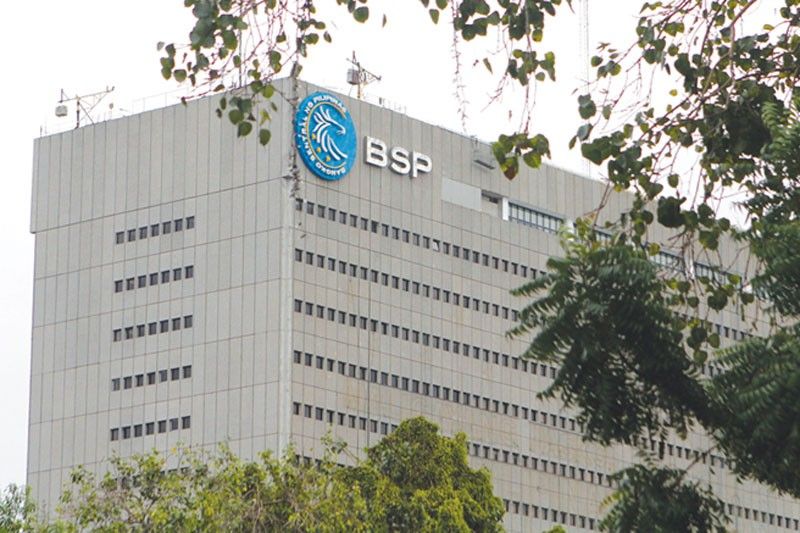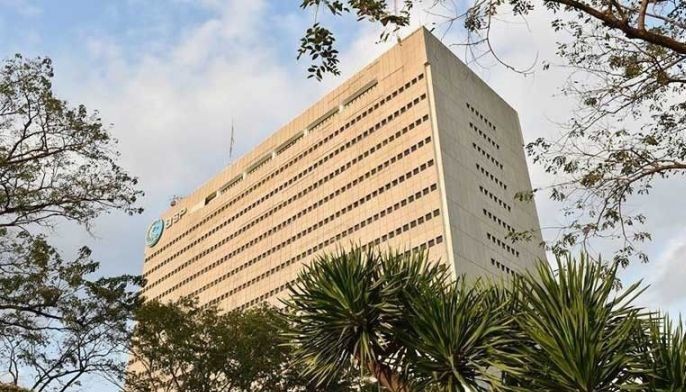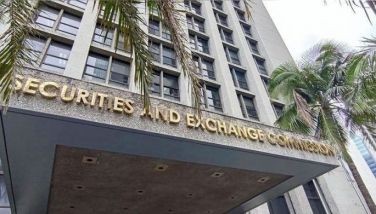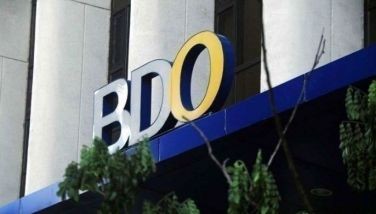S&P gives higher score for Philippine banking industry

MANILA, Philippines — The Philippines’ banking system bagged a higher score from S&P Global Ratings, citing “improvement in the institutional framework” after President Rodrigo Duterte signed into law the “New Central Bank Act.”
In a statement, the global debt watcher revised its Banking Industry Country Risk Assessment, or BICRA, on the Philippines to group “5” from group “6”, saying the enactment of Republic Act 11211 “strengthens the supervisory powers and monetary functions of the country's central bank.”
“We believe the amendments to the Bangko Sentral ng Pilipinas charter significantly improve the supervisory powers of the regulator by giving better legal protection to officials,” S&P said.
“These enhancements augment BSP's powers to exercise its core mandate of promoting a sound financial system, in our opinion,” it added.
The new BSP Charter removes money supply and credit levels as basis for determining monetary policy. It also restores the central bank’s authority to issue debt papers as part of its regular operation.
The law likewise widens the coverage of institutions under BSP supervision to include money service businesses, credit granting businesses and payment system operators. Moreover, it authorizes the increase in BSP’s capitalization from P50 billion to P200 billion, which shall be sourced from dividends declared by the BSP in favor of the national government.
The new Central Bank Act also exempts the BSP from taxes on income derived from its governmental functions.
For 2019, S&P said it expects Philippines banks' credit growth to hit 14-15 percent, tempered by a higher interest rate environment.
Loan growth slowed to 14 percent in 2018 from 17 percent in 2017 due to higher inflation, a weaker peso and a 175-basis point rise in policy rates, S&P noted.
“We believe the banking system has sufficient capital buffers and coverage against nonperforming assets to withstand emerging risks from currency volatility, higher interest rates, slower growth, and global macroeconomic headwinds,” the credit rater said.
“We also believe the Philippine banks' well-established domestic franchise will continue to help them to sustain a strong, stable, and diversified customer deposit profile,” it added.
In the same statement, S&P affirmed its “BBB-” long-term and “A-3” short-term issuer credit ratings on Security Bank Corp. with a “stable” outlook, and kept its “BBB” long-term and “A-2” short-term issuer credit ratings on Development Bank of the Philippines with a “positive” outlook.
“The stable outlook on Security Bank reflects our view that the bank will maintain its strong capital buffers and good asset quality over the next two years,” S&P said.
For DBP, the debt watcher said the positive outlook on the bank “continues to reflect that on the sovereign.” The Philippines holds a “BBB” rating, a notch above minimum investment-grade rating, with a “positive” outlook from S&P. — Ian Nicolas Cigaral
- Latest
- Trending






























